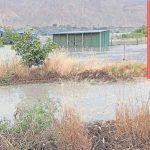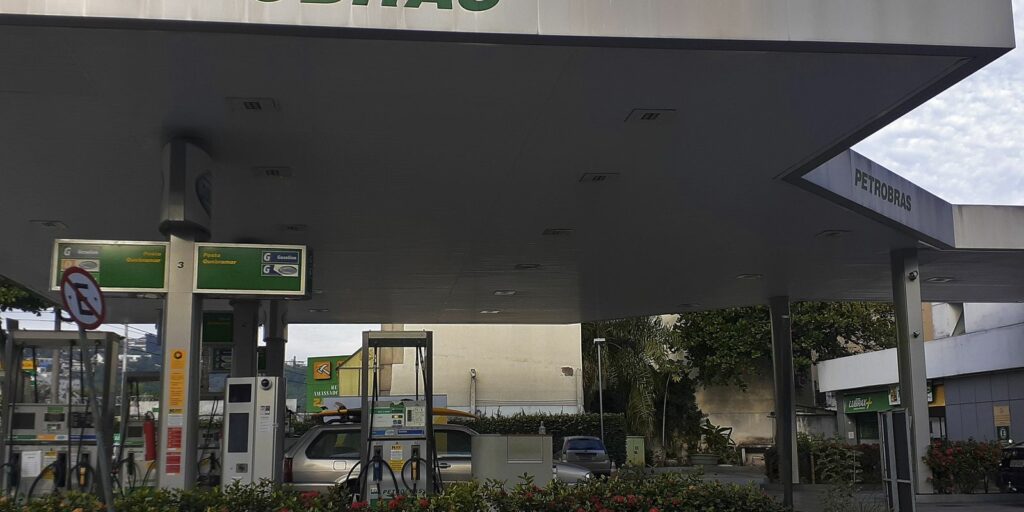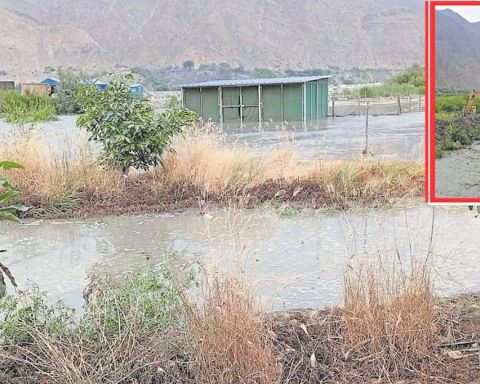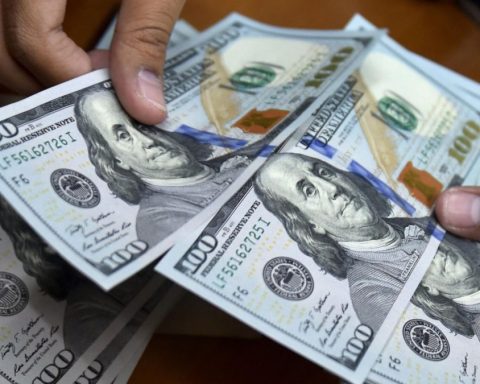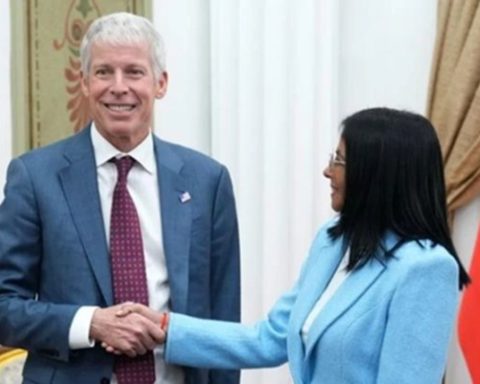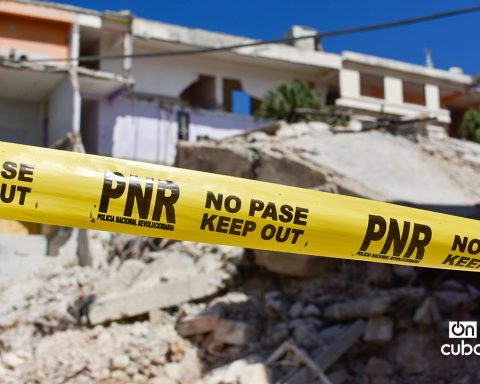One in three schools in the world do not have drinking water and almost half lack facilities to wash hands with soap and water, a situation that not only affects the health of girls and boys, but also “limits their ability to learn”, assured the United Nations Educational, Scientific and Cultural Organization (Unesco) in a report published this Wednesday.
“Globally, about one in three schools does not have drinking water. One in three schools does not have basic sanitation facilities,” said the document entitled “Ready to learn and thrive: school health and nutrition around the world.” .
It was also warned that “nearly half of schools lack handwashing facilities with soap and water. And progress is very slow.”
“Children from low-income countries are less likely to attend schools that offer these basic services and coverage is weakest in sub-Saharan Africa and the Pacific“, said the text, according to the AFP news agency.
This lack of infrastructure prevents schools from offering “a safe environment that protects against disease, Covid, parasites, respiratory diseases, diarrhea“, indicated Emilie Sidaner, coordinator of the publication.

For the health and school feeding specialist, the situation represents a “challenge” mainly for girls, and sometimes also for teachers, who “cannot go to school when they are menstruating”, which hinders “equitable access to education for girls.
The impact is also strong in child malnutrition, since schools do not have drinking water to cook for their students.Sidaner noted.
In this sense, he remarked that “there is a need to invest more in water and sanitation” because that allows “quality learning”, while hunger affects concentration and the desire to learn.
“If students are not healthy, well fed and protected at school, it is more difficult for them to acquire the knowledge that can be passed on to them”lamented the expert.







